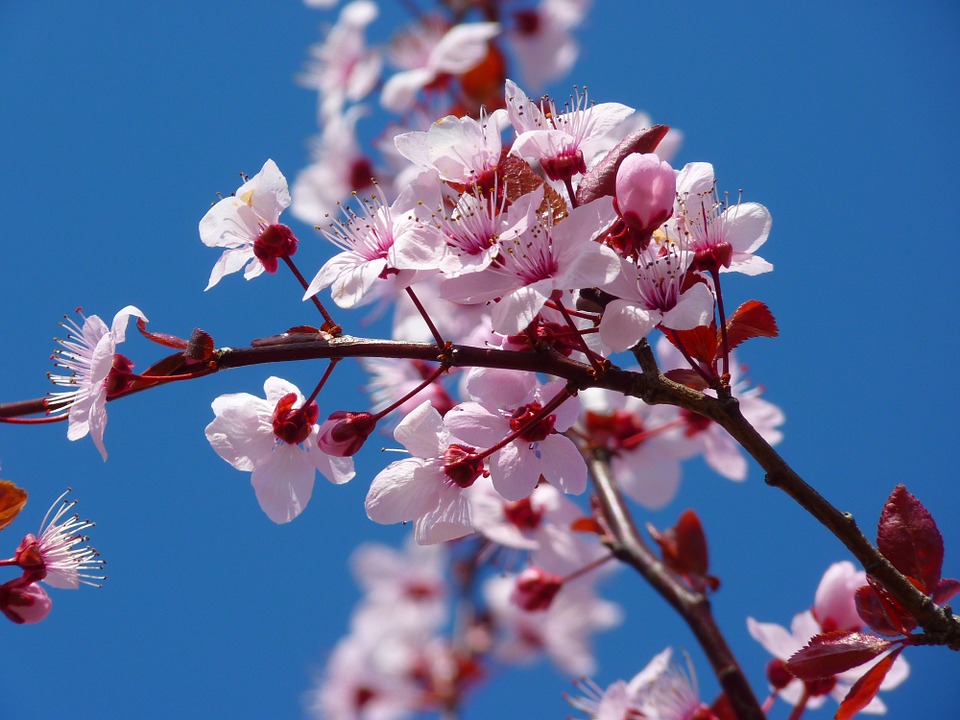Still some others who do practice but only for the hope of gaining health, wealth, and other benefit through the blessings of the Buddhas and bodhisattvas. Of course, absent any adverse conditions, praying to the Buddhas and bodhisattvas can help us reach our goals. But the short-term goal of obtaining worldly fortunes should never be the choice of a dharma practitioner.
~ Depicted from THE RIGHT VIEW - The Three Supreme Methods—the ultimate methods of cultivating virtue and training the mind













